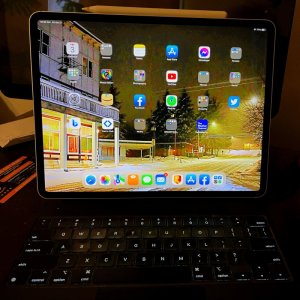fuzzybuddy
SF VIP
- Location
- The Sticks, Northeast PA.
I have a Microsoft Surface Go 3 tablet. I hate the frikken thing. I only use it when I'm on Senior Forum. That's the only thing it can handle. So, after I'm finished using it, I have to recharge it. It seems kind of dumb, why not just use it plugged in. But when I do that, I get notices saying only charge the battery to 80%. Online, nobody really answers should you plug it in or always use batteries?
(They say if doing a huge task, which lasts longer than battery life, plug in- DUH!!!!)
(They say if doing a huge task, which lasts longer than battery life, plug in- DUH!!!!)


